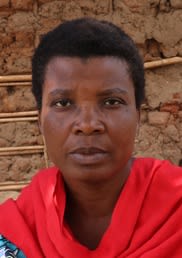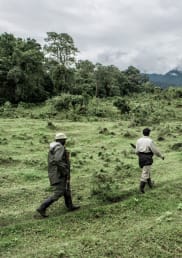Women's political participation and economic empowerment in post-conflict countries: Lessons from the Great Lakes region in Africa
Findings and recommendations of a regional research project on women’s political participation and economic empowerment in countries emerging from conflicts in the Great Lakes region of Africa.
One of the positive results of peace processes and political transitions in the Great Lakes region in Africa during the last ten to fifteen years has been the representation and increased involvement of women in politics and in the public sphere.
This major step forward in favour of women was primarily achieved thanks to the adoption of quota systems, as well as through co-optation. The constitutions adopted by Uganda, Burundi, Rwanda and the Democratic Republic of Congo (DRC) during the post-conflict transition periods include provisions which integrate female representation quotas of at least 30 percent in decision-making institutions. In DRC the constitution adopted by referendum in December 2005 went even further by including the principle of equal representation. The reconstruction of northern Uganda, following a murderous twenty-year long conflict, has provided opportunities for women, who have been playing a prominent role in the region’s economic recovery.
This research project, conducted in Burundi, Rwanda, DRC and Uganda, was undertaken jointly by International Alert and the Eastern Africa Sub-regional Support Initiative (EASSI), in partnership with some of the leading women’s organisations in the four countries, as well as the Department of Women and Gender Studies at Makerere University in Kampala, Uganda.
The research focuses on four case studies and examines the nature and quality of women’s political participation in the four countries to establish whether women’s increased representation in decision making at the national and local governance level has translated into the adoption of gender equality policies and enhancement of women’s socio-economic status at all levels of society. The research further analyses the economic dimension of women’s political participation by linking women’s economic empowerment and their representation in the political arena.






